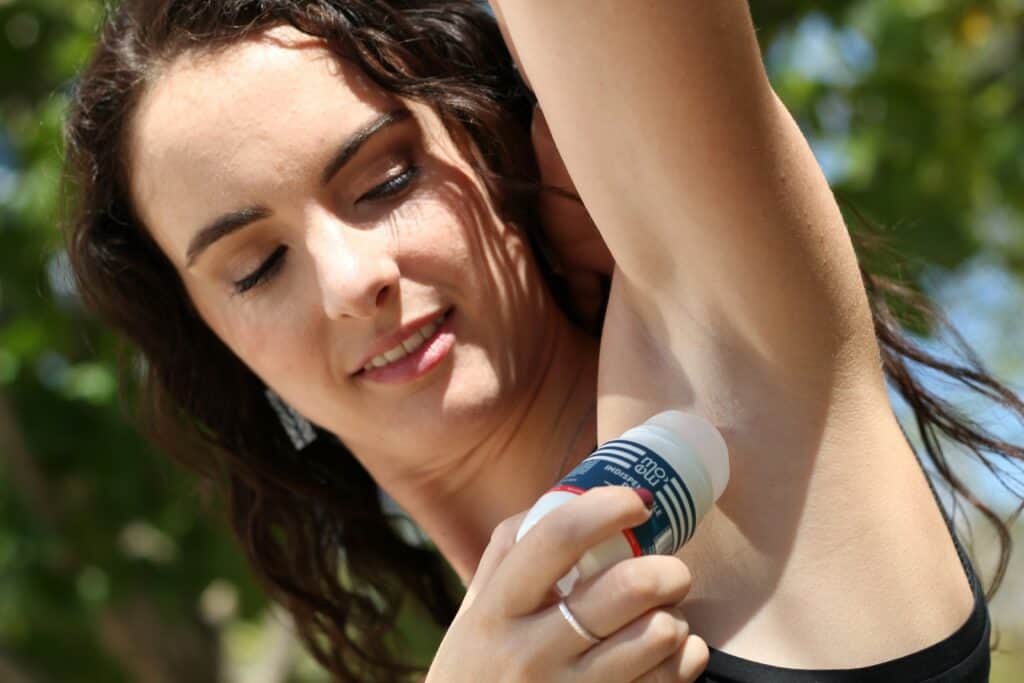With full-body deodorants making their way into the mainstream, Dr Rupa Parmar, a leading GP and women’s health expert at Midland Health, is urging Brits to think twice before spraying or applying these products to their intimate areas.
“Understandably, people want to feel confident, whether it’s for themselves, a partner, or simply in day-to-day interactions, and as a society, we’ve been conditioned to think all body odour is dirty or unattractive. But the truth is, it’s a completely normal part of being human, and odour in intimate areas isn’t usually about hygiene in the same way as underarm sweat. In some cases, it may be a sign of something else going on.
“Most deodorants and antiperspirants are formulated for external use on areas such as the underarms, not the delicate skin of the vulva, vagina, or groin. These products can disrupt the natural balance of bacteria and pH, leading to irritation, rashes, or even infections.
“Not to mention, some deodorants contain aluminium compounds, fragrances, parabens, triclosan, alcohol, and other preservatives that can be really harsh on the skin. Repeated use in intimate areas may cause burning, stinging, itching and redness, making you feel even more uncomfortable and less confident.
“Women’s intimate areas are self-cleaning. This means that using deodorant sprays, wipes, or powders may actually cause more harm than good. In some cases, irritation can make odour worse and increase the risk of bacterial vaginosis or yeast infections.
When to Be Concerned About Odour
“Occasional changes in smell can be completely normal and may be the result of diet, exercise, or even hormonal changes. But if the odour is strong, ‘fishy,’ or comes with other symptoms like discharge, itching, or pain, it’s wise to book a check-up.
Safer Alternatives to Reduce Sweat and Stay Fresh
For those who struggle with sweat and discomfort in the groin area, there are safer approaches than deodorant:
- Wear breathable fabrics: Choose cotton underwear and loose-fitting clothes to help reduce moisture build-up
- Stay dry: After showering or exercising, gently pat the area dry with a clean towel before putting on underwear or clothes
- Shower regularly: Mild, unscented soap and warm water are sufficient for external cleansing
- Trim, don’t shave completely: Having some pubic hair can reduce friction and irritation while still allowing airflow
- Manage sweat naturally: Stay hydrated, maintain a healthy weight, and consider specialist sweat-reducing clothing
“If you’re worried about the smell ‘down there’ and have tried every other method to stay ‘fresh,’ the best step isn’t to reach for deodorant. Instead, you should have an open conversation with your GP. Don’t be embarrassed. It’s wiser to get to the bottom of what’s causing the odour than trying to mask the problem with sprays or powders.”

